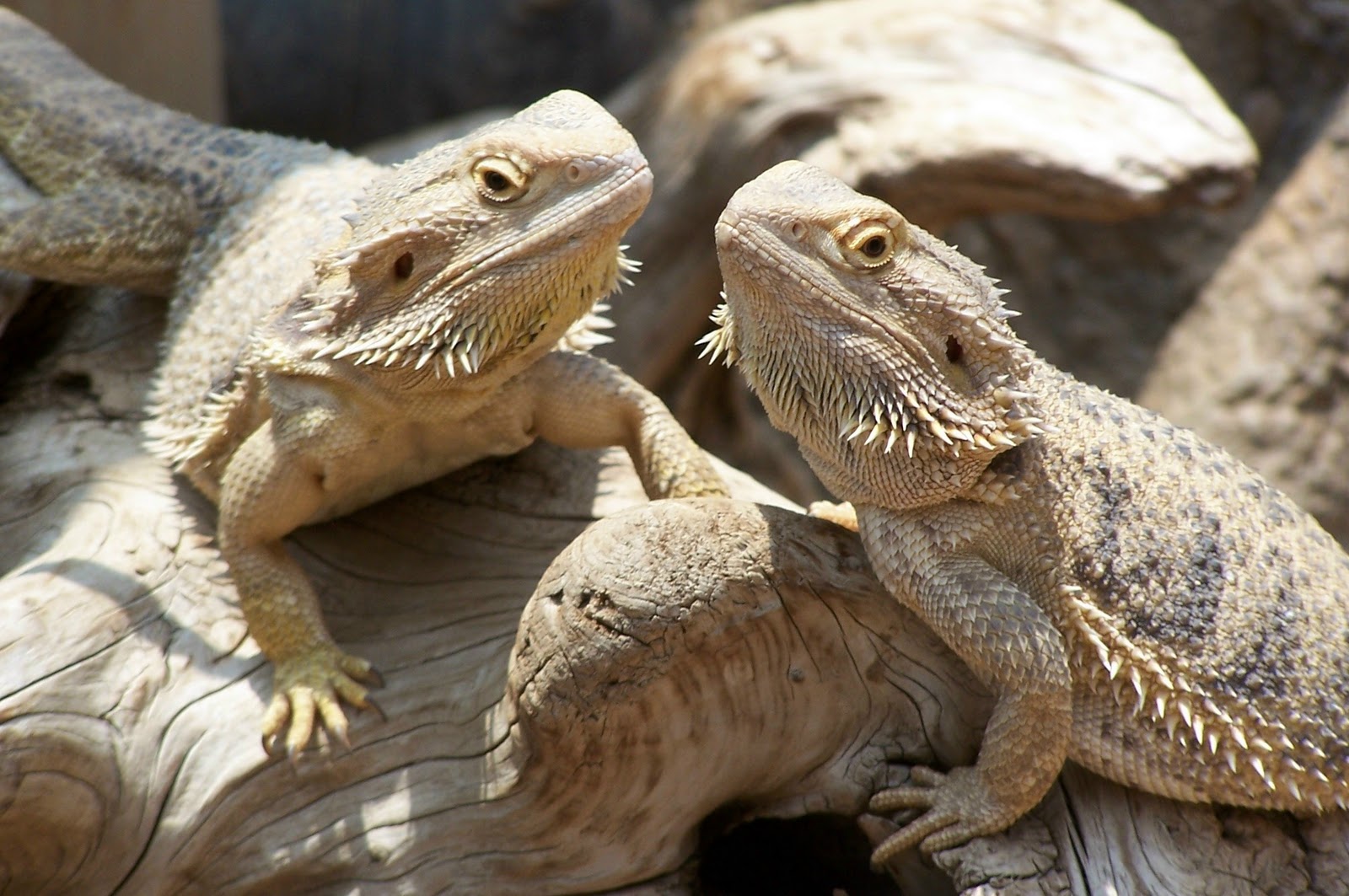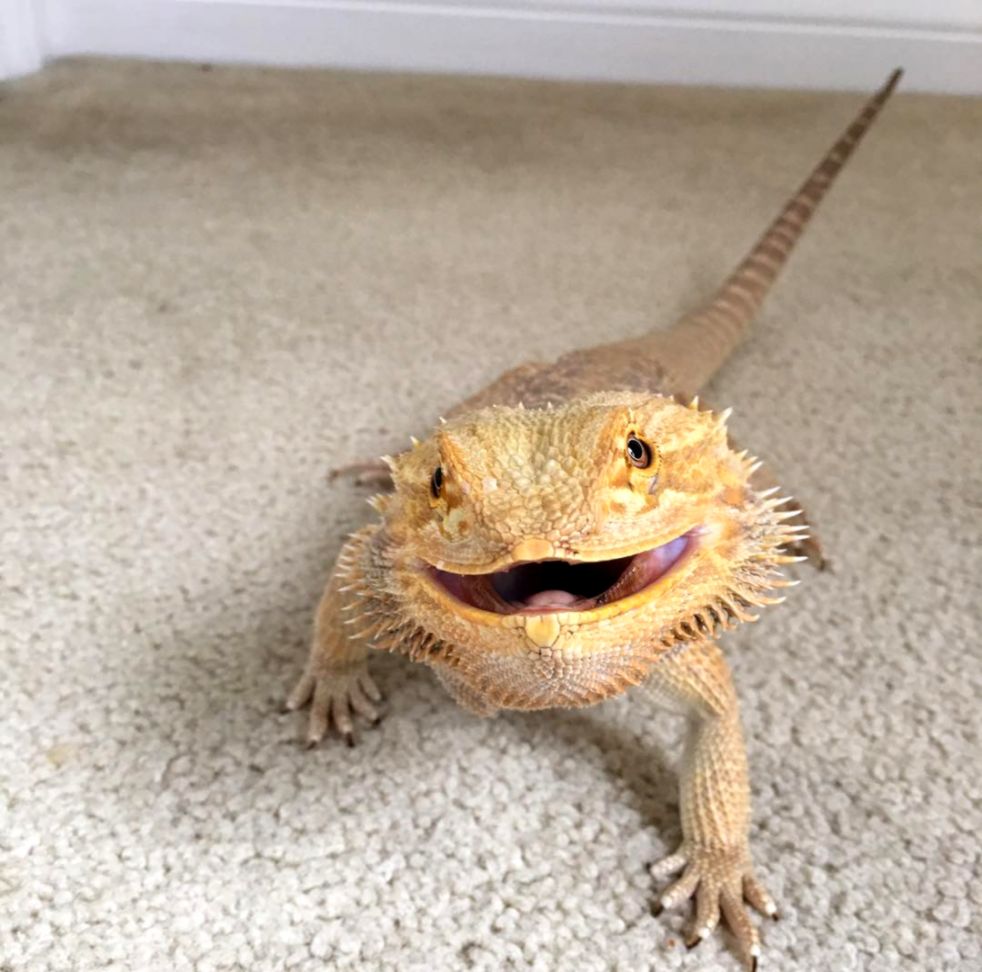The Ultimate Beginner's Guide to Bearded Dragons: How to Care for Your New Pet
Introduction
Bearded dragons are one of the most popular reptile pets, and for good reason. They are friendly, easy to care for, and make great companions. If you are ready to take the plunge into owning a bearded dragon, this beginner’s guide will provide you with all the information you need to care for your new pet.
Choosing Your Bearded Dragon
Before you can start caring for your bearded dragon, you need to choose the right one. When choosing a bearded dragon, there are a few key things to look for:
- Choose a captive-bred bearded dragon. Wild-caught bearded dragons are more likely to be sick and stressed.
- Look for a bearded dragon that is alert and active.
- Check for any signs of illness, such as runny eyes or nose.
- Choose a bearded dragon that is the right size for you. Bearded dragons can grow up to 24 inches in length.
Setting Up Your Bearded Dragon’s Home
Bearded dragons require a certain environment to thrive. Here are the things you will need to set up your bearded dragon’s home:
- A tank that is at least 40 gallons in size
- A basking light and UVB light
- A substrate, such as reptile carpet or sand
- A hiding spot and a basking spot

Feeding Your Bearded Dragon
Bearded dragons are omnivores, meaning they eat both plants and animals. Here are some foods to feed your bearded dragon:
- Crickets, mealworms, and other insects
- Leafy greens, such as kale and collard greens
- Fruits, such as apples and berries
- Commercial bearded dragon food

Handling Your Bearded Dragon
Bearded dragons can be very friendly and enjoy being handled. To handle your bearded dragon, follow these guidelines:
- Pick up your bearded dragon from underneath, supporting their entire body.
- Handle gently and avoid squeezing or dropping.
- Wash your hands before and after handling to avoid transferring germs.
Health Concerns for Bearded Dragons
While bearded dragons are relatively easy to care for, there are a few health concerns to be aware of. Here are some signs that your bearded dragon may be sick:
- Runny nose or eyes
- Lethargy
- Loss of appetite
- Weight loss

Conclusion
Congratulations on your new bearded dragon! With proper care, your bearded dragon will be a happy and healthy companion for many years to come. Remember to provide a suitable habitat, a balanced diet, and regular veterinary care. With these basics in place, you will be providing your bearded dragon with the best possible care.
